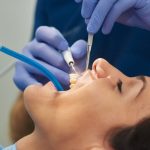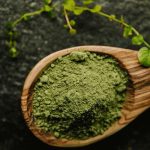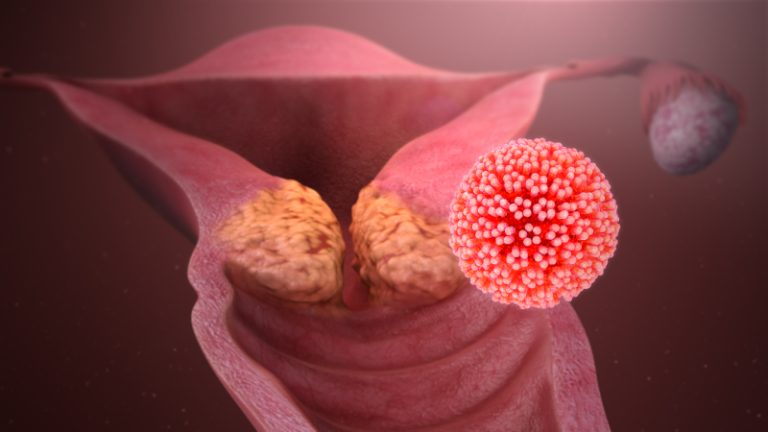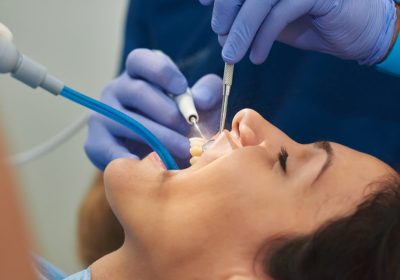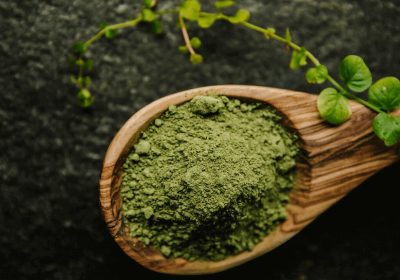
5 Health Benefits of Taking Macrobiotic Courses
These days, there are a good number of diets, all with their own pros and cons, and all said to be particularly beneficial for people with certain illnesses or conditions. In fact, you could be following a variation of one particular diet without realising it.
Macrobiotics is one such example of a diet that people often turn to, and you may have heard it mentioned or read the word in an article or two. But what are macrobiotics, and how can counselling for this diet help you?
Macrobiotics at A Glance
Macrobiotics stresses balance and harmony within yourself and with nature. For some, it’s a lifestyle rather than just dietary restrictions. In such cases, there are behavioural changes to consider and gentle exercise to take note of on top of the rigorous diet plan.
While the specifics vary depending on several factors – including existing health issues, geographic location, and age – there are general guidelines to follow.
First, whole, organic grains should make up around 50% of one’s daily intake. A macrobiotic diet limits how much processed food one can eat, so it’s important to note that whole cereal grains are preferable to whole-grain pasta and bread.
Next, vegetables such as kale, cauliflower, broccoli, bok choy, radishes, and carrots should make up about a third of the daily intake. Emphasis is given to those veggies that are grown locally and are in season. The rest of one’s daily food intake can include beans, pickles, sea vegetables like seaweed, and soy products like miso.
Seeds, nuts, tree fruit and berries can be eaten occasionally. Meanwhile, fish, seafood, eggs, and poultry can be eaten only a few times a month. Take care to select organic versions of these last group, such as free-range poultry and eggs and wild-caught fish
Benefits of Macrobiotics
There are no claims that macrobiotic eating can cure diseases, although there’s no denying the potential health benefits.
- Since the diet is largely vegetarian and limits animal fat, it can be helpful for those trying to control their cholesterol and those dealing with heart disease.
- The abundance of vegetables in this diet makes it one that’s high in phytoestrogens, which may help reduce the risk of breast cancer.
- Sugary foods and soda have no place in the diet, it can benefit those diagnosed with diabetes and aid in controlling their blood sugar.
- This diet can help support healthy weight loss, which is good news for those who struggle with losing weight and don’t want to risk “yo-yo dieting”, a cycle of losing weight and then gaining it back.
- Macrobiotic eating also means eating mindfully, paying attention to each mouthful and chewing thoroughly. When you slow down and take the time to eat, you may eventually feel yourself feeling less stressed and hurried each day. Therefore, you’ll feel better overall, with more energy and a clearer mind.
Other benefits may depend on your overall health, your age, and other factors, so it’s a good idea to consult a professional if you want to try and make the switch to this diet. For more information on macrobiotics courses and to get in touch with a licensed counsellor, you can visit this page.


